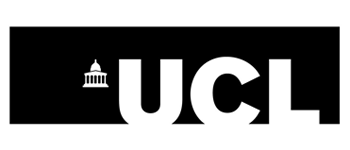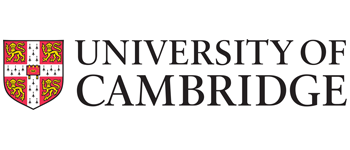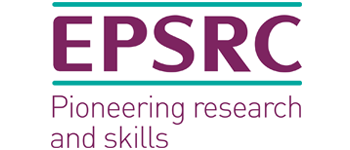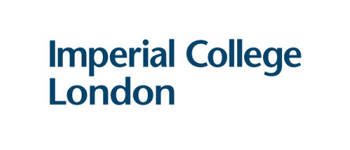Latest News and Blog
Dr. Catherine Mulligan: UNESCO Humanistic AI Conference (Paris, March 2019)
Dr. Catherine Mulligan (CTO, GovTech Lab) blogs about chairing a panel at the UNESCO Humanistic AI Conference (Paris, March 2019). This week (4 March 2019) I attended and moderated a session at the UNESCO Humanistic AI conference that was held in Paris, on the first...
read moreConference Announcement: Data for Policy 2019 – June 10-12 (University College London)
The forthcoming Data for Policy Conference will be hosted at University College London, on the 10-12thJune (dataforpolicy.org). The conference series is led by GovTech Lab’s founder and principal investigator Dr Zeynep Engin, and this year will address two...
read moreGovTechLab Event 25th Jan 2019: Government Innovation
On the 25th of January (2019), a GovTechLab Knowledge Transfer Consortium event was held at UCL, which focused on the theme of ‘Government Innovation’. The event was chaired by Prof. Philip Treleaven (UCL), who started proceedings with an introduction to the event’s...
read moreActivities
KNOWLEDGE
TRANSFER
CONSORTIUM
GovTech Lab KTC functions as a discussion forum that brings together key stakeholders from government, academia, business and industry. These stakeholders can thereby align cross-sector interests and practices around the ongoing digital transformation. With a view to facilitating this, GovTech Lab KTC engages experimental projects that drive policy and regulation, research and innovation, and public understanding and uptake of emerging data science technologies. Importantly, the forum maintains an eye towards the potential impact on future service demands and public sector operations.
EDUCATION
AND
TRAINING
GovTech Lab functions as a central hub for enhancing and re-skilling the knowledge and expertise of an existing workforce through formal executive training programmes and tailored briefing sessions. Such educational programs may be in the form of executive briefings, policy implications, seminars, tutorials and short courses. These are offered to parliamentarians, senior civil servants and special advisors. We are also developing specialised undergraduate and postgraduate programmes to train a new generation of GovTech professionals and researchers to meet the future skills demands of the sector globally and in relation to government.
RESEARCH
AND
DEVELOPMENT
GovTech Lab showcases the latest activities, research, and innovations of new digital technologies in relation to government. Here the latest developments of the GovTech Lab network – comprised of leading UK academic research groups, and professional experts from government and industry – is presented. Given the strength of the network, GovTech Lab is able to mobilise a sizable student talent pool, which works towards building proof-of-concept systems to design future digital systems. We run projects at all scales ranging from specific use cases to systems and products addressing the needs of the global digital infrastructures.
Projects
DataNet
GovTech Lab is developing a number of products – the first of which is “DataNet” – a unique approach to data infrastructure designed to capitalise on innovative new technologies and provide economies of scale across multiple different areas of society – commercial, research and societal or governmental. Building on technology economics, our principles enable the development of new, data-driven industries.
Digital Ethics Forum
The UCL Digital Ethics Forum led jointly by UCL Computer Science and UCL Department of Science, Technology, Engineering and Public Policy (STEaPP), facilitates the intra-UCL conversation around pressing ethical challenges arising from ubiquitous data collection and increasing adoption of algorithmic decision systems in every aspect of our lives.
Leadership
Themes
ARTIFICIAL INTELLIGENCE (AI)
AI technologies provide computers with the ability to make decisions and learn without explicit programming. AI has already been observed with respect to intelligent personal assistants, and autonomous vehicles. Concerning public services, AI technologies are envisioned in many areas such as, comprehensive digital government services, providing intelligent virtual assistants, automating payments from and to citizens and gathering public opinion to drive policy.
BLOCKCHAIN TECHNOLOGIES
The technological elements of Blockchain, originally conceived for Bitcoin, are recognised as having far-reaching potential for government. Core Technologies are i. Distributed Ledger Technology (DLT) — a decentralized database of transactions secured by cryptographic sealing and, ii. Smart Contracts — rules, which attempt to codify transactions such that the records managed by the distributed ledger are authoritative with respect to the underlying legal agreements they represent.
INTERNET OF THINGS (IoT)
The IoT provides a unique opportunity to interconnect and dynamically manage public infrastructure. Any device with an on/off switch will have an identifier, communicate and be managed by ‘intelligent’ software. ‘Smart Cities’ are envisioned, where informatics and technologies are used to improve the efficiency of services. ICT will enable officials to interact directly with the community and city infrastructure, monitoring how the city is evolving in real time.
BIG DATA
Government collects huge volumes of data and thus has major opportunities for so-called big data (analytics). In general, big data provides the opportunity of examining large and varied data sets to uncover hidden patterns, unknown correlations, customer preferences, etc. Big data encompass a mix of structured, semi-structured and unstructured data gathered formally through interactions with citizens, social media content, phone call data and records, data captured by sensors connected to the Internet-of-things and so on.
PREDICTIVE & BEHAVIOURAL ANALYTICS
A subset of Big Data is Behavioural/Predictive analytics. These focus on providing insight into the actions of people, uncovering hidden patterns and unknown correlations, helping to make informed decisions. Behavioural Analytics centres on understanding how consumers act and are likely to act in the future. Predictive Analytics extracts information from historical and real-time datasets to determine patterns and predict future outcomes.
Projects

Urban Dynamics Lab
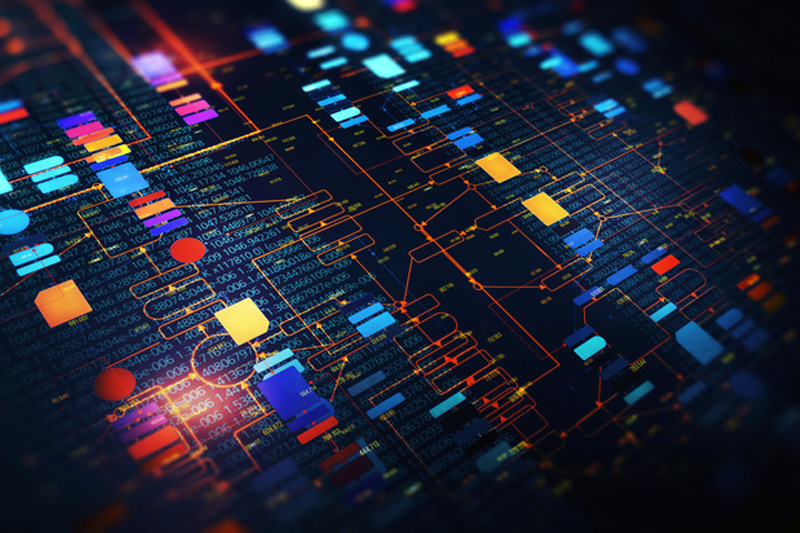
DataNet









